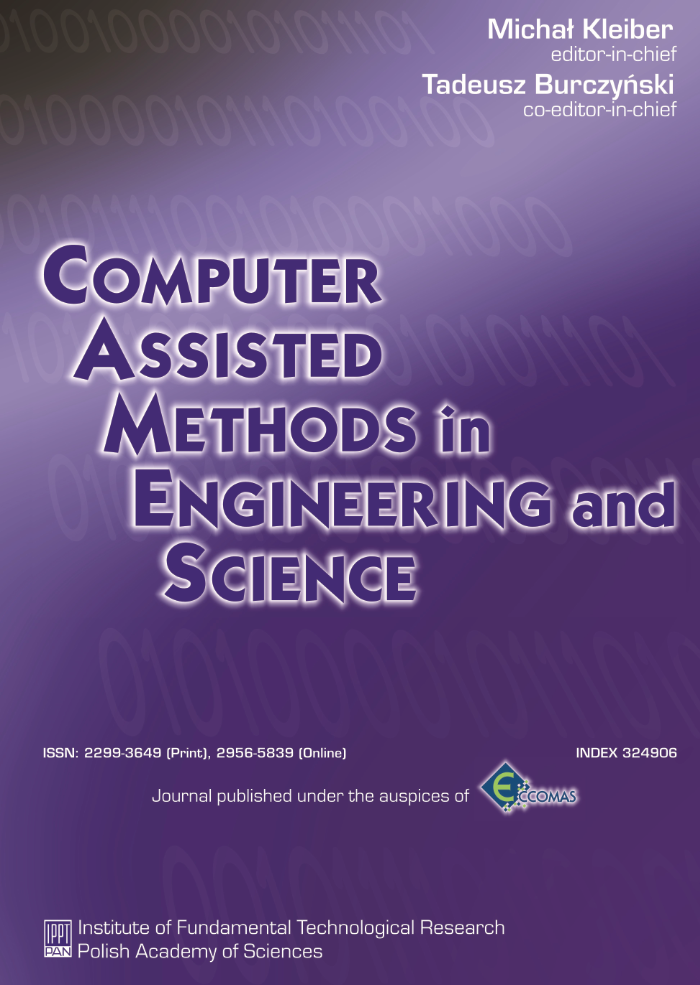Abstract
New methods of the neutron and photon transport Monte Carlo simulation suitable for vector computers have been investigated and general purpose multigroup and continuous energy codes have been developed. On vector supercomputers, the codes achieved high speed-up gains of an order of ten or more compared with the conventional scalar codes. To achieve more speed-up, the Monte Carlo codes are applied to three types of parallel processing environments; (1) a massively parallel computer, (2) a vector-parallel type supercomputer, and (3) a cluster of workstations connected to a network. On the massively paralel computer and the vector-parallel supercomputer, speed-ups almost proportional to the number of processors are achieved by simply assigning particles uniformly to each processor, and the speed-up with the vector-parallel supercomputer is enhanced by vector processing. On the other hand, in the workstation cluster, the computational power of each workstation may differ and the simple particle assignment may not be successful. By modifying particle assignment methods, effective parallel processings are made possible in such an environment.
References
[2] K. Asai, K. Higuchi, J . Katakura. Nucl. Sci. Eng., 92: 298, 1986.
[3] M. Suganuma et al. Vectorization of the continuous energy Monte Carlo code VIM. JAERI-M, 86-190, 1987 (in Japanese).
[4] Y. Kurita et al. Vectorization of the MCNP code. JAERI-M, 87-022, 1987 (in Japanese).
[5] F.B. Brown. Trans. Am. Nucl. Soc., 43: 377, 1982.



